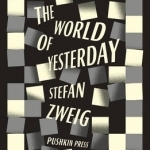
World of Yesterday: Memoirs of a European
Anthea Bell, Stefan Zweig and David Pearson
Book
'The time provides the pictures, I merely speak the words to go with them, and it will not be so...
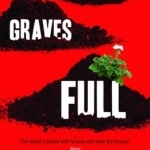
Three Graves Full
Jon Gray and Jamie Mason
Book
Hitchcock meets the Coen Brothers in a darkly comic suspense novel with the tense pacing of a...
Adam Colclough (3 KP) rated Harry's Game in Books
Mar 6, 2018
For the most part thrillers are the literary equivalent of Danish pastry, enjoyable but not made to last. A few, and ‘Harry’s Game’ is one, are more substantial fare, food for the mind that may give you indigestion.
On one level it is a book in the tradition established by Frederick Forsythe, fiction played out as fact allowing the author to draw on his journalistic background. Seymour goes beyond this by creating characters who aren’t simply stock heroes and villains. Instead they are human beings engaged in a struggle that is squalid and futile rather than heroic and purposeful.
This combines to give a grimly believable picture of daily life in Northern Ireland at a time when a single word or action out of place could have deadly consequences. He also writes well about the machinations behind the scenes on both sides, with the British political and military establishment struggling to fight an undeclared war they don’t understand; and the IRA high command masking the brutality of their actions behind misty eyed romanticism.
Brutal, believable and still relevant more than forty years after it was first published this is a novel that is very much worth reading, even if doing so can be unsettling.
Letters of Sylvia Plath
Sylvia Plath, Karen Kukil and Peter K. Steinberg
Book
The Letters of Sylvia Plath: Volume One (1940-1956). Sylvia Plath (1932-1963) was one of the writers...
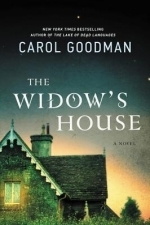
The Widow's House
Book
This chilling novel from the bestselling, award-winning author of The Lake of Dead Languages blends...
fiction thriller
Jet Black and the Ninja Wind: British Edition
Book
**Winner of the 2013-2014 Asian/Pacific American Award for Young Adult Literature****2015 Sakura...

Ghosts of the Tsunami: Death and Life in Japan's Disaster Zone
Book
On 11 March 2011, a massive earthquake sent a 120-foot-high tsunami smashing into the coast of...
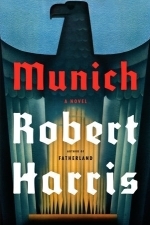
Munich: A Novel
Book
September 1938. Hitler is determined to start a war. Chamberlain is desperate to preserve the...
Thriller politics
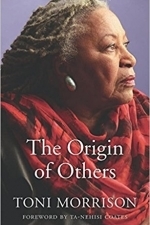
The Origin of Others: The Charles Eliot Norton Lectures
Book
America’s foremost novelist reflects on the themes that preoccupy her work and increasingly...
Social sciences
